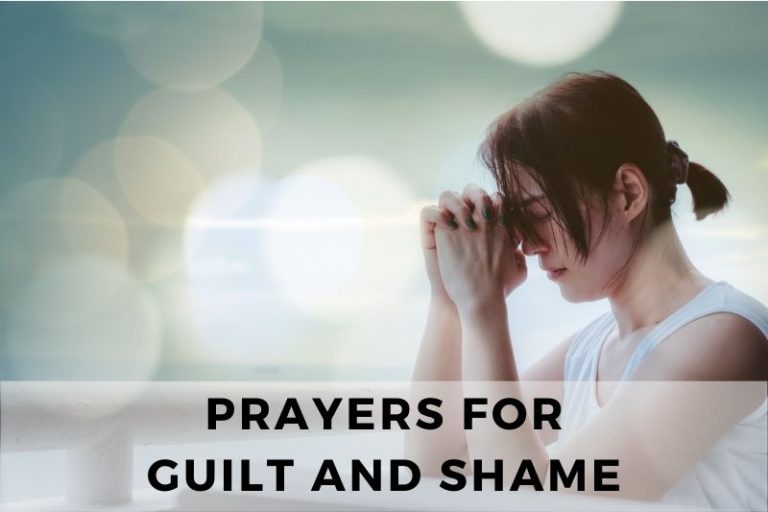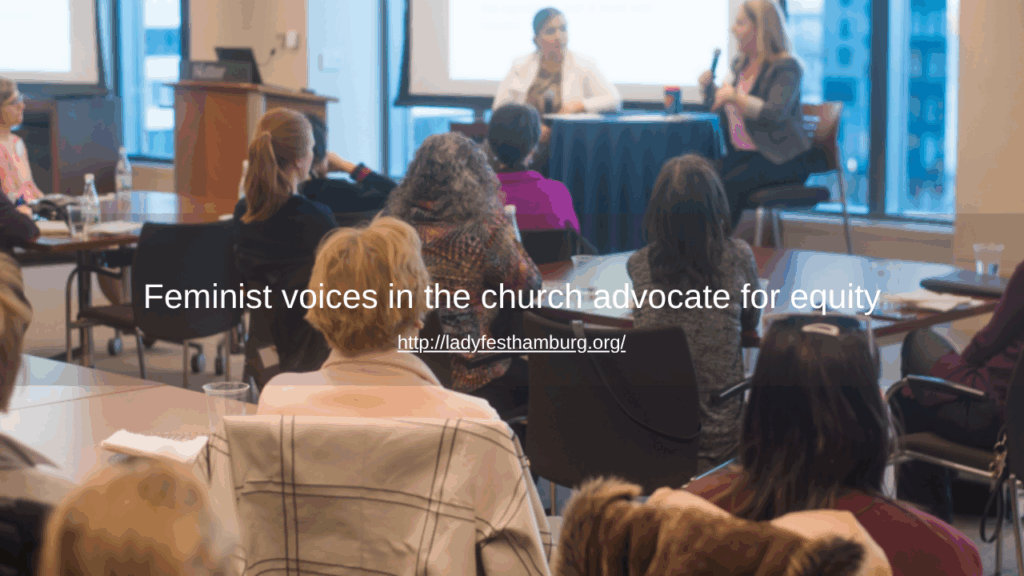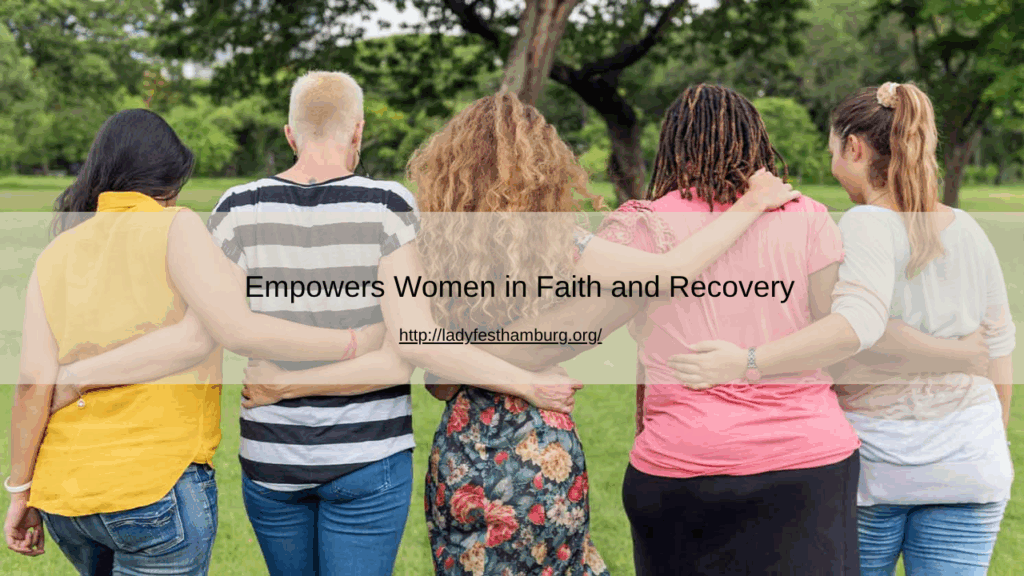
Addiction and mental health struggles often leave Christian women feeling overwhelmed, isolated, and burdened by shame. Many struggle silently, unsure of where to turn for guidance, support, or hope. At LadyfestHamburg, we understand that recovery is not just about overcoming substance use. It is about reclaiming dignity, faith, and a sense of purpose. Through holistic, faith-based programs that integrate professional treatment and individualized care, women can transform shame into strength and rebuild their lives with resilience and hope.
The journey from shame to strength is deeply personal, yet it is also shared by countless women who have discovered that faith, community, and professional support can work together to restore mental wellness and spiritual well-being.
Understanding the Burden of Shame in Recovery
Shame can be a powerful obstacle in recovery. Many Christian women carry feelings of guilt or self-blame over past choices or behaviors. These emotions often exacerbate addiction and hinder the recovery process. Understanding and addressing shame is a crucial first step toward lasting healing.
At LadyfestHamburg, we emphasize compassion and nonjudgmental care. Our programs help women recognize that addiction is a condition, not a moral failing. By reframing negative beliefs and embracing self-compassion, women can begin to reclaim their identity and move toward a healthier, empowered life.
How Faith Supports Emotional Healing
Faith can provide strength and guidance during recovery. Spiritual practices such as prayer, reflection, and scripture study create opportunities for women to process difficult emotions and develop resilience. Many women find that reconnecting with God brings a sense of purpose, hope, and inner peace that reinforces their recovery journey.
Spiritual support also complements clinical treatment. By integrating faith into therapy, group support, and counseling, LadyfestHamburg helps women address emotional, psychological, and spiritual needs simultaneously.
Holistic and Individualized Recovery Programs
Recovery is not one-size-fits-all. Each woman’s journey is unique, and successful treatment requires personalized care. LadyfestHamburg offers both inpatient and outpatient programs tailored to individual needs.
Inpatient Care for Intensive Support
Inpatient programs provide structured support for women facing severe addiction or mental health challenges. These programs combine medical care, therapy, and spiritual guidance to help women stabilize, process trauma, and build essential coping skills.
Outpatient Care for Flexibility and Independence
Outpatient programs offer flexibility for women balancing family, work, or other responsibilities. These programs provide the same comprehensive care as inpatient treatment, including therapy, group sessions, and faith-based support, while allowing women to continue engaging with daily life.
Real Stories of Transformation
Countless Christian women have transformed their lives by embracing holistic care and spiritual growth. Some have overcome years of addiction, others have rebuilt relationships strained by substance use, and many have discovered new purpose and direction through faith-centered practices.
These stories demonstrate that recovery is possible and that shame does not define one’s future. With professional support, spiritual guidance, and a compassionate community, women can reclaim their strength and thrive in all areas of life.
Building a Community of Support
Community is a vital part of recovery. Faith-based group sessions, peer support networks, and mentorship programs create safe spaces where women can share experiences, encourage one another, and celebrate progress. Connection and accountability foster resilience and help prevent relapse while reinforcing a sense of belonging and purpose.
Moving from Shame to Strength
Reclaiming life, faith, and mental wellness is a journey that requires courage, support, and hope. Christian women who embrace their recovery with professional guidance and spiritual support often find renewed confidence, improved mental health, and a stronger connection to their values and beliefs.
At LadyfestHamburg, we are committed to walking alongside women on this journey. Our holistic, faith-based programs address the whole person, offering individualized care that nurtures the body, mind, and spirit.
Take the First Step Today
If you are a Christian woman struggling with addiction or mental health challenges, you are not alone. Healing and transformation are possible. Reach out to LadyfestHamburg today to learn how our compassionate, professional, and faith-based programs can help you move from shame to strength and reclaim your life with hope and resilience.




